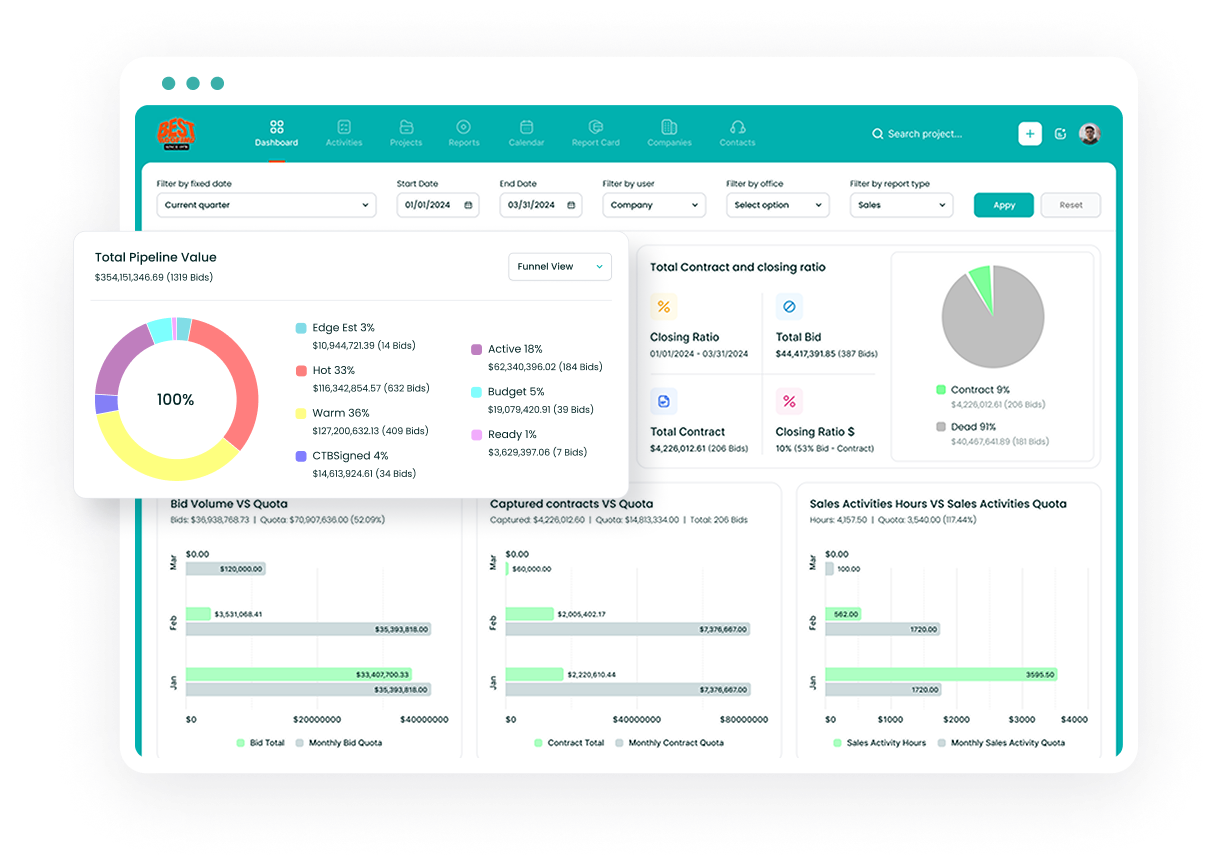Understanding Check Status
Before attempting to change a check number, it's crucial to determine the check's current status in your system:
- Unissued Check: A check that hasn't been printed or recorded
- Issued Check: A check that has been printed and recorded
- Posted Check: A check that has been fully processed and posted to the general ledger
Method 1: Voiding an Unissued Check
The simplest scenario is when you need to change the number of an unissued check. Follow these steps to void the check and create a new one with the desired number:
- Navigate to Accounts Payable Main menu > Manual Check and Payment Entry
- Enter the bank code for the check
- Input the current check number
- Enter the check date
- In the Check Amount field, enter .00
- When prompted about voiding the check, select "Yes"
- Click Accept to complete the void process
After voiding the check, you can proceed to create a new check with your desired number using the Manual Check and Payment Entry screen.
Method 2: Reversing an Issued Check
When dealing with an issued check that needs a number change, you'll need to perform a check reversal:
- Access Account Payable Main menu > Manual Check and Payment Entry
- Enter the bank code in the Bank Code field
- Input the check number to reverse in the Check Number field
- Confirm the check reversal when prompted
- Navigate to the Lines tab
- Verify the negative invoice amount appears
- Click the Create G/L Distribution button
- Distribute the negative amount in the General Ledger Distribution window
- Click Accept in both windows
Method 3: Using the Reverse Check Run Utility
For Sage 100 2020.1 subscribers, the Reverse Check Run utility offers an efficient way to handle check number changes:
- Access the Accounts Payable Utilities menu
- Select the Reverse Check Run utility
- Choose either:
- Register number
- Bank code and check number
- Follow the prompts to complete the reversal
Important Note: This feature is exclusively available for Sage 100 Subscription users and won't work with perpetual licenses.
Best Practices for Check Number Management
To minimize the need for check number changes, implement these preventive measures:
- Regularly verify check number sequences
- Maintain a clear audit trail of check modifications
- Document all check number changes with proper explanations
- Perform periodic reconciliations to catch discrepancies early
Special Considerations
Manual Check Number Format
When working with manual checks, consider the following limitations:
- Standard check numbers are limited to 6 characters
- Custom formats must fit within character limitations
- Special naming conventions should be documented for consistency
Integration with Other Modules
When changing check numbers, be aware of the following system behaviors:
- Job Cost module integration requires manual distribution of recalled invoices
- General Ledger entries must be properly adjusted
- Bank reconciliation records need appropriate updates
Troubleshooting Common Issues
Printer Malfunctions
If a printer malfunction occurs during check printing:
- Do not close the Print Checks screen
- Mark affected checks as "Not Printed"
- Correct printer issues
- Reprint checks with correct numbers
Posted Check Numbers
When dealing with incorrectly posted check numbers:
- Reverse the transaction in Bank Services
- Create new payment transactions
- Generate checks with correct numbers
System Requirements and Limitations
Version-Specific Features
Different versions of Sage 100 offer varying capabilities:
- Sage 100 2020.1 and later: Access to Reverse Check Run utility
- Earlier versions: Manual reversal process required
- Subscription vs. Perpetual license features vary
Security Considerations
Implement these security measures when handling check number changes:
- Restrict access to check modification functions
- Maintain detailed logs of all changes
- Regular audit of check number sequences
- Document approval processes for modifications
Record Keeping and Audit Trail
Maintain proper documentation for all check number changes:
- Original check information
- Reason for modification
- Date and time of change
- Responsible personnel
- Approval documentation
Integration with Bank Reconciliation
To ensure accurate bank reconciliation:
- Update all related records
- Verify cleared check numbers
- Maintain documentation of changes
- Reconcile modified transactions carefully
Preventive Measures
To reduce the need for future check number changes:
- Implement proper check printing procedures
- Regularly maintain printing equipment
- Train staff on correct check handling
- Establish clear check number assignment protocols
Conclusion
Changing check numbers in Sage 100 requires careful attention to detail and following the appropriate procedure based on the check's status. Whether using the void process for unissued checks, the reversal process for issued checks, or the new Reverse Check Run utility for subscribers, maintaining accurate records and following proper procedures ensures successful check number modifications while preserving the integrity of your financial records.
Remember that prevention is always better than correction. Implementing proper controls and procedures for check processing can significantly reduce the need for check number changes. When changes are necessary, following these documented procedures will ensure accurate financial records and maintain a proper audit trail.
Citations: [1] https://www.top-sage-resellers.com/blog/sage-100-reverse-check [2] https://communityhub.sage.com/us/sage100/f/core-financial-modules/120840/change-the-length-of-a-manual-check-number [3] https://help.sage300.com/en-us/2017/web/Subsystems/AP/Content/Reports/Printing/Transactions/AboutReprintingChecks.htm [4] https://www.erpvar.com/blog/bid/99278/Sage-100-ERP-MAS-90-How-to-Reverse-a-Check-Posted-to-Wrong-Vendor [5] https://help-sage100.na.sage.com/2024/Subsystems/AP/APMAINFIELD/Manual_Check_Entry_-_Fields.htm [6] https://www.acutedata.com/how-to-change-a-check-number-on-a-posted-check/

